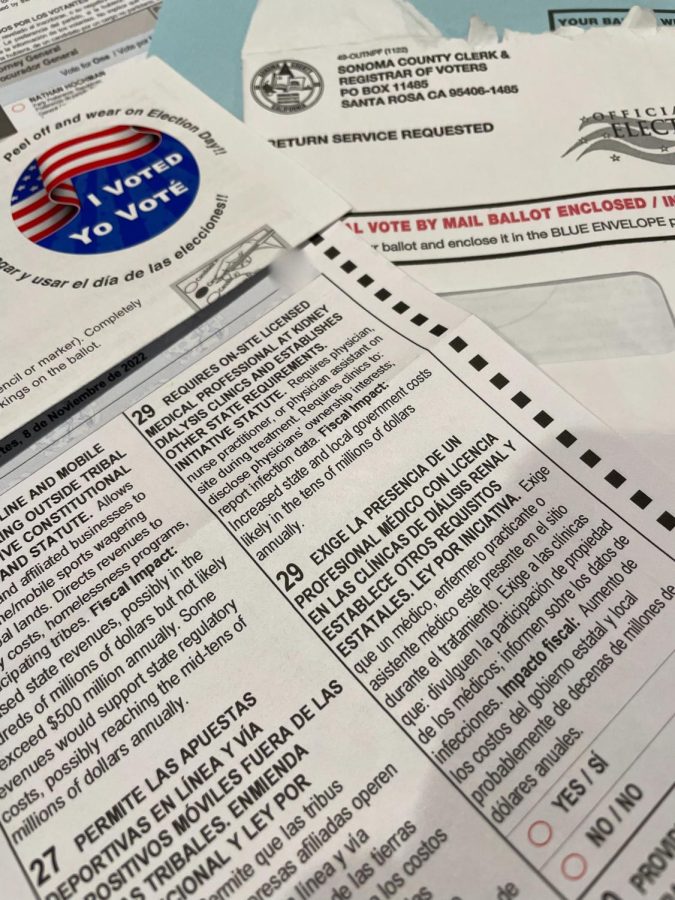Proposition 29 on the California General Election Ballot Nov. 8 will require kidney dialysis clinics to have an on-site medical professional, such as a physician, nurse practitioner or physician assistant, at all times.
According to the Legislative Analyst’s Office, Proposition 29 will mandate dialysis clinics, at their own expense, to have a licensed physician with at least six months experience in end-stage renal disease care onsite during patient treatments. Each clinic would be required to report information on infections to state public health officials and provide patients with a list of doctors who own at least a 5% stake in the facility and other requirements.
Currently, most patients’ physicians design their treatment plans to include aspects like frequency, duration and associated medicines, and refer them to a clinic. By federal law, physicians are required to visit a patient during dialysis treatment at least once a month.
Proposition 29 is the latest proposition by the labor union Service Employees International Union-United Healthcare Workers West aimed at regulating dialysis treatment, the prior two being Propositions 8 and Proposition 20. Both have failed at the polls, and on Nov. 8, voters will be asked to vote on it again for the third time in a row.
According to the California General Election Voterguide, Proposition 29 would increase costs for clinics by several hundred thousand dollars annually, which might lead to some clinics charging higher rates to both public and private health insurance companies and others to shut down due to operating at a loss.
Supporters of Proposition 29 say that having a physician on-site during treatment would ensure patient safety. Dialysis is a dangerous procedure and a trained physician should be nearby if anything goes wrong, which is not currently required. It also requires dialysis corporations to get approval from the state before closing clinics or reducing services.
Opponents to Proposition 29 say physicians would not be involved with providing direct patient care. Kidney specialists oversee care for patients and specially trained nurses and technicians administer dialysis treatment, making on-site physicians unnecessary and costly. The added cost would lead to a lot of clinics shutting down, which would force patients to travel further and wait longer for the care they need. There are 650 clinics operating across California treating around 80,000 patients. If someone misses a day of dialysis, their chances of death increase 30%.
A “Yes” vote means chronic dialysis clinics would be required to have a physician, nurse practitioner, or physician assistant on-site during all treatment hours.
A “No” vote means chronic dialysis clinics would not be required to have a physician, nurse practitioner, or physician assistant on-site during all treatment hours.





